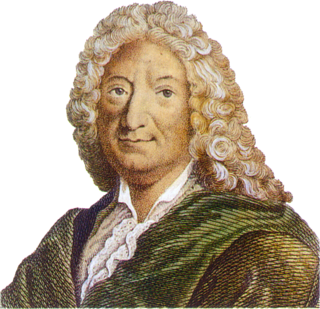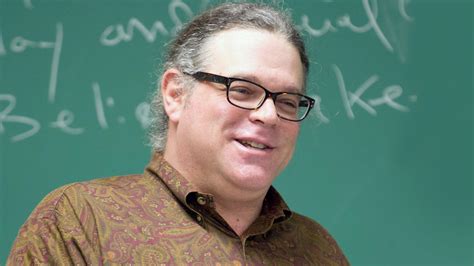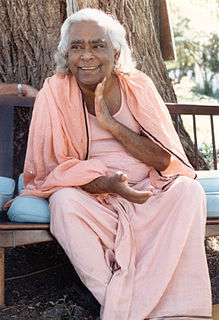A Quote by Sathya Sai Baba
Death happens to the body with which it is associated, with which it mixes. The delusion that the body is the core, that the body is real, that verily is the death.
Related Quotes
Much is being missed because of fear. We are too attached to the body and we go on creating more and more fear because of that attachment. The body is going to die, the body is part of death, the body is death - but you are beyond the body. You are not the body; you are the bodiless. Remember it. Realize it. Awaken yourself to this truth - that you are beyond the body. You are the witness, the seer.
Misunderstanding may arise by confusing the Buddhist and scientific definitions of death. Within the scientific system you spoke quite validly of the death of the brain and the death of heart. Different parts of the body can die separately. However, in the Buddhist system, the word death is not used in that way. You'd never speak of the death of a particular part of the body, but rather of the death of an entire person. When people say that a certain person died, we don't ask, "Well, which part died?"
The body is a fortuitous concourse of atoms. There is no death for the body, only an exchange of atoms. Their changing places and taking different forms is what we call 'death.' It's a process which restores the energy level in nature that has gone down. In reality, nothing is born and nothing is dead.
The body was the slave of the vortex; but the slave has become the master; and we must free ourselves from that tyranny. It is this stuff [ indicating her body ], this flesh and blood and bone and all the rest of it, that is intolerable. Even prehistoric man dreamed of what he called an astral body, and asked who would deliver him from the body of this death.
We need to remain alert to what happens to the body when it is mediatised. Too often, the mediatised body is an anaesthetised body. I would be the last person to argue that the body signifies at some basic level that precedes or transcends its cultural inscriptions. Nevertheless, there is an ethical imperative not to conflate the body with its representations and mediations, but to remember that there is an actual body there somewhere, experiencing the consequences of what is being done to it.
It is God's earth out of which man is taken. From it he has his body. His body belongs to his essential being. Man's body is not his prison, his shell his exterior, but man himself. Man does not "have" a body; he does not "have" a soul; rather he "is" body and soul. Man in the beginning is really his body. He is one. He is his body, as Christ is completely his body, as the Church is the body of Christ
These are only outer symptoms. Death is the transfer of the soul from one body to another body, or in cases when a man is fully awakened, from one body to the body of the whole universe. It is a great journey, but you cannot know it from the outside. From outside, only symptoms are available; and those symptoms have made people afraid.








































